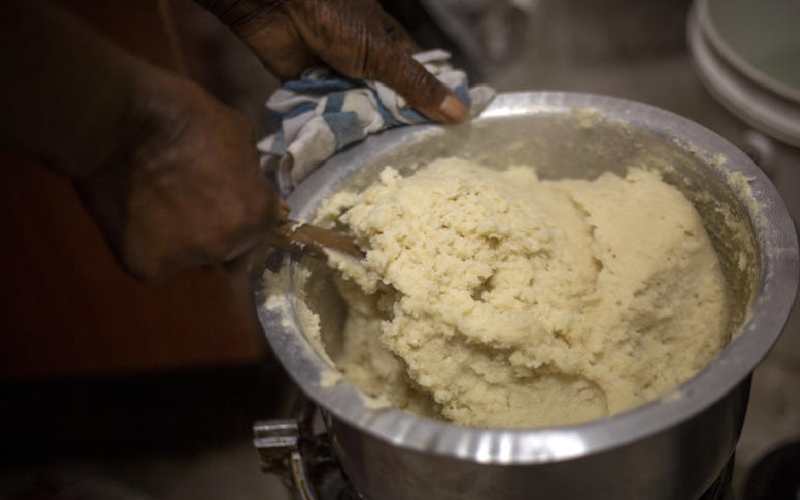×
The Standard e-Paper
Smart Minds Choose Us

Did you know that the Sub-Saharan Africa consumes 21 per cent of the maize produced in the world? In Kenya, which produces 40 million 90-kilogramme bags of the grain annually, maize makes up 63 per cent of total food calories consumed in households.